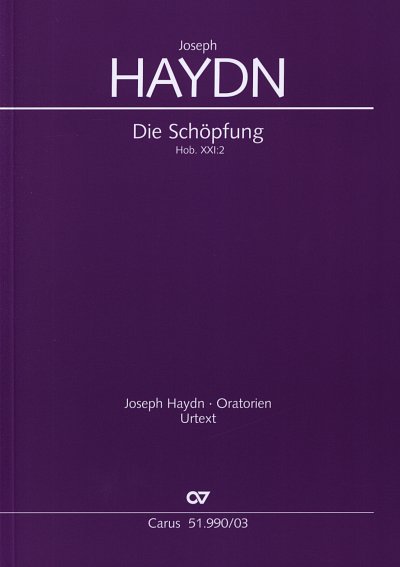Instead, I prefer to side with the three ladies from Mozart's "The Magic Flute": "A man of steadfast spirit thinks before he speaks!" During my time as a trumpeter in the orchestra of the Deutsche Oper Berlin, I was always the one from the brass section who chuckled at this point. I digress. Gender roles. A vast field!
Back to the professions of the future. No one will deny: Our world is undergoing a transformation. In complexity research, they speak of multiple crises: economy, energy, education, climate – plus the war in Ukraine. Do art and music still have relevance for us humans in the midst of all this? Have you also been caught contemplating what profession you can still recommend to young people today? Technical professions, computer science, business administration, medicine, journalism, mathematics, law? In the context of artificial intelligence, many of the previously well-paid professions could become less important. With increasing digitization and tasks performed by computers, the working human may not be as central in many professions as today. Not obsolete, but certainly not as essential as before.
Moreover, if the younger generations lean more towards a good work-life balance, in other words, lots of free time, the desire will arise to fill this leisure time with something meaningful and motivating. What could that be? The digital world. Certainly. Sports! Of course! Sport is always good. And art! Very good! And... wait! There was something else... Music!
Making music is phenomenal: diverse, multi-stylistic, integrative, innovative. We can perform or "consume," make music alone or with others, from small to large groups, or even intergenerationally, and there are wonderful challenges for every technical and musical level. We can even make music with people who don't speak the same language. So, in terms of migration and multicultural society, music could gain a whole new relevance.
Could! A subjunctive! Could, if it weren't for the shortage of skilled workers. The Federal Chairman of the Association of German Music Schools VdM (VdM), Friedrich-Koh Dolge, always talks about our three major challenges in music education: digitization, all-day care at schools, and a shortage of skilled workers. Music education, treated somewhat neglectfully and with little appreciation at some music universities for decades, is quietly evolving into a forward-looking field of work! The shortage of skilled workers means that the few applicants currently on the German job market can hope for a permanent position rather than freelance contracts. In Baden-Württemberg, the first position with a company car was recently advertised. In the field of EMP – Elementary Music Education.
Of course, in order to award permanent positions, the conditions must be right on the part of the public sector. Because what cannot be denied is: Many municipalities are financially strapped, the wallet is empty. Nevertheless, there is an increasing demand for qualified music education. This is not only recognized by music schools but also by schools, which increasingly assign their music education to non-specialists or (as in Bremen) even cut it directly through a "sleight of hand" because no staff can be found. In Bremen, at the primary school level, the subjects of sports, art, and music now belong to the "Aesthetic Subjects" cluster. This means that it is sufficient to have taken only one of these subjects, as described in a viral post by SWR in May 2023.
But it's not just in Bremen; elsewhere, too, there is simply a lack of personnel for music. All too often, music education in schools has to be provided by non-specialists. A significant challenge!
But not all fields of music suffer from a shortage of skilled workers: Many freelance musicians have had to give up or severely restrict themselves in recent years because concerts and events are no longer booked and carried out as they were before the pre-COVID era. Concert organization has become more cautious. And last but not least, the high number of qualified musicians shows that high-quality training has taken place at music universities. So, an extensive offering faces a reduced demand from organizers. The law of the free market comes into play. The price for this activity decreases.
Many freelancers performing concerts, as well as orchestral musicians, have, however, discovered teaching as a motivating and meaningful occupation during the COVID crisis. The chance to contribute to how learners explore the world of music with our support, how their music begins to sound and inspire them, and how we can creatively pass on our musical-cultural heritage to the next generation.
Our task is as diverse as our students and music itself. We can easily integrate rewarding projects into our teaching and thus keep it always new and exciting for ourselves. The need for inspiration for good teaching is high, as is the desire for further qualification and training.
So, for me, music remains an important field, and I gladly advise musically qualified young people to pursue it. Because someone who can touch the heart of others with what they do, give people something relevant for their lives, will be in demand with their professional activity and will not be replaced by artificial intelligence or a computer course.



